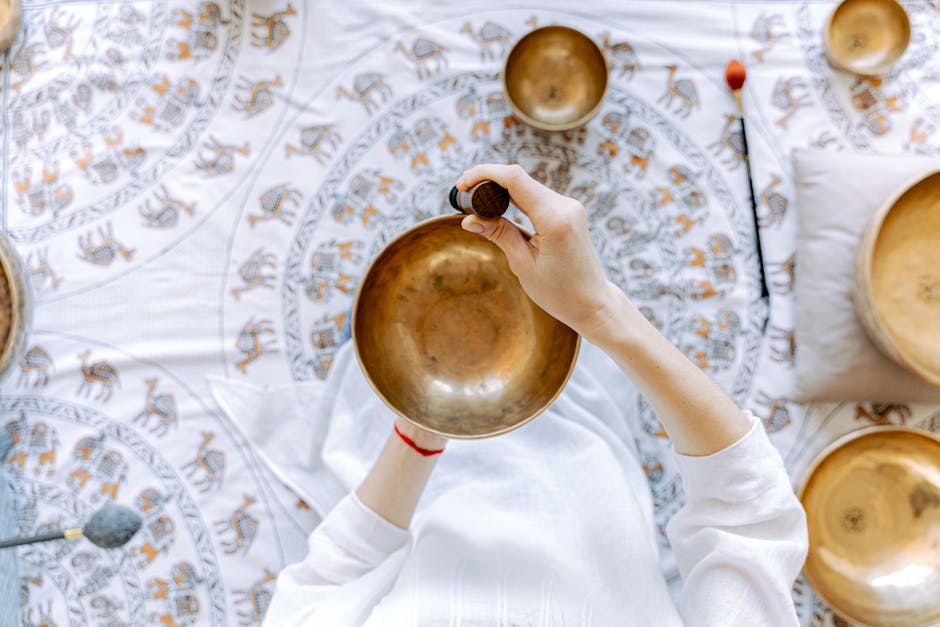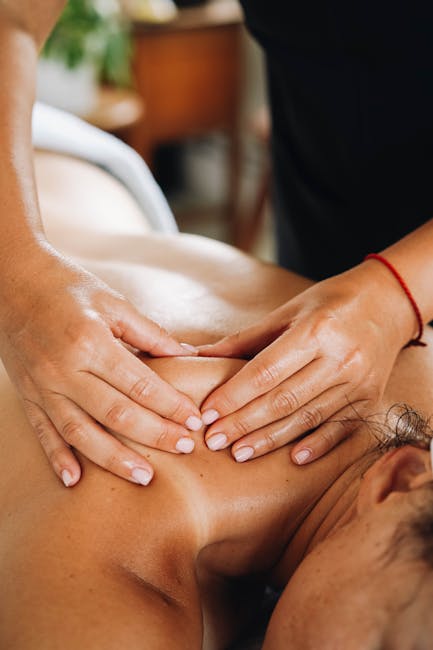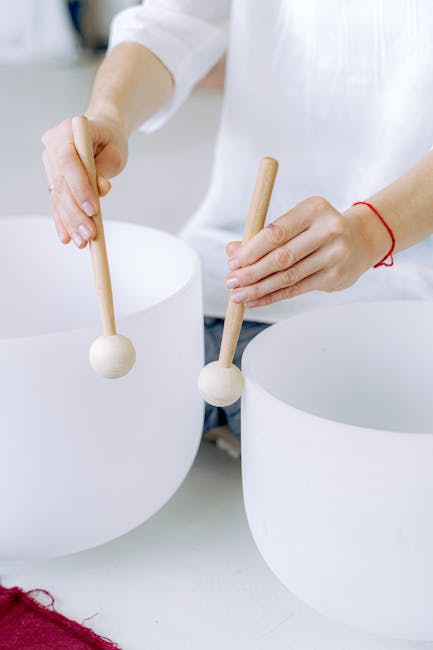Feeling anxious or stressed out? You’re not alone. In our fast-paced world, it’s common to feel overwhelmed, but there’s good news: there are proven ways to boost your mental well-being and keep those anxious thoughts at bay. Stick around, and you’ll discover some life-changing tips and strategies that can help you feel more grounded and joyful every day.
Key Takeaways
- Building a support network can enhance your sense of belonging and reduce anxiety.
- Physical activity is a powerful mood booster and can improve overall mental well-being.
- Learning new skills can increase self-confidence and provide a sense of achievement.
- Giving to others through volunteering can create positive feelings and foster a sense of purpose.
- Mindfulness practices can help you enjoy life more and change your approach to life’s challenges.
- Taking care of your body with regular exercise and proper nutrition is crucial for mental health.
- Different types of meditation can reduce stress and improve both emotional and physical well-being.
Connect with Other People
Create a Support Network
Building a support network is like constructing a safety net for your mental health. It’s about surrounding yourself with people who care about you and can offer a listening ear or a helping hand when you need it. These connections can be with family, friends, colleagues, or even online communities. The key is to have individuals you can rely on, which can significantly diminish feelings of isolation and anxiety.
Enhance Sense of Belonging
Feeling like you’re part of something bigger than yourself can be incredibly reassuring. Whether it’s joining a club, attending community events, or simply spending time with loved ones, these interactions can strengthen your sense of belonging and contribute to your emotional well-being. Remember, it’s not about the number of friends you have; it’s the quality of those relationships that counts.

Be Physically Active
Reduce Anxiety and Depression
Physical activity is a powerhouse when it comes to reducing anxiety and depression. When you move your body, you release endorphins, which are natural mood lifters. Exercise can also serve as a distraction, allowing you to find some quiet time to break out of the cycle of negative thoughts that feed anxiety and depression.
Improve Mood and Self-Esteem
Regular physical activity can significantly improve your mood and self-esteem. When you exercise, you’re not only taking care of your body but also sending a positive message to your mind that you’re worth the effort. This can be a powerful antidote to anxiety and can help you feel more confident in your daily life.
Impact on Well-Being
Affect Mood and Stress Levels
Exercise has a unique capacity to exhilarate and relax, to provide stimulation and calm, to counter depression and dissipate stress. It’s a common experience among endurance athletes and has been verified in clinical trials that have successfully used exercise to treat anxiety disorders and clinical depression. If athletes and patients can gain psychological benefits from exercise, so can you.
Prevent Cognitive Decline in Older People
Physical activity, especially when it begins in midlife, can help prevent cognitive decline in older people. It’s never too late to start, and the benefits can be significant. By keeping your body healthy, you’re also taking care of your mind.
Incorporating Physical Activity into Daily Life
Determine the Right Amount of Activity
The right amount of activity varies from person to person. It’s important to listen to your body and find a balance that works for you. The goal is to be active enough to reap the benefits without causing yourself undue stress or injury.
Start Slowly and Set Realistic Goals
If you’re new to exercise, start slowly. Set realistic goals and gradually increase the intensity and duration of your workouts. This approach can help prevent burnout and injuries, and before you know it, you’ll be looking forward to your exercise routine.

Learn New Skills
Boost Confidence
Learning new skills can be a fantastic way to boost your confidence. When you master a new language, pick up a musical instrument, or even learn how to cook a new recipe, you’re not just acquiring a new talent. You’re also building self-esteem and resilience, which can be incredibly empowering.
Sense of Achievement
The sense of achievement you get from learning something new can be a huge boost to your mental health. It can give you a goal to work towards and a reason to get up in the morning. Plus, the concentration required to learn a new skill can act as a form of meditation, allowing you to escape from daily stressors for a while.

Give to Others
Volunteering or Community Work
Volunteering or doing community work can be a powerful way to improve your mental well-being. It’s about giving back and connecting with others, which can give you a sense of purpose and help you feel more positive about life. Plus, helping others can make you feel good about yourself, which can be a great antidote to anxiety.
Create Positive Feelings and Sense of Reward
When you give to others, you create positive feelings and a sense of reward. This can lead to a ‘helper’s high’ and can be a strong counter to the feelings of anxiety and depression. It’s a win-win situation: you help others, and you help yourself at the same time.
Foster Sense of Purpose and Self-Worth
Helping others can foster a sense of purpose and self-worth. It can remind you that you have a lot to offer and that you can make a difference in the world. This can be incredibly affirming and can help reduce feelings of anxiety and insignificance.

Practice Mindfulness
Pay Attention to the Present Moment
Mindfulness is all about paying attention to the present moment without judgment. It’s a way of tuning in to what you’re sensing and feeling in the here and now, rather than rehashing the past or imagining the future. This can help you enjoy life more and understand yourself better, which can lead to reduced anxiety.
Enjoy Life More and Understand Yourself Better
When you practice mindfulness, you may find that you enjoy life more and understand yourself better. It’s a way of living that can help you become more aware of your thoughts and feelings and make choices that support your well-being.
Change Approach to Life Challenges
Mindfulness can also change your approach to life’s challenges. Instead of reacting automatically to difficult situations, you can learn to respond more thoughtfully. This can help you manage stress and anxiety more effectively.
Take Care of Your Body
Regular Exercise
Regular exercise is one of the most important things you can do for your mental health. It can help reduce stress, anxiety, and symptoms of depression while boosting self-esteem and happiness. Even a small amount of physical activity can make a difference; you don’t have to be an athlete to benefit from exercise.
Proper Nutrition
Proper nutrition is also crucial for mental health. Eating a balanced diet can help you feel your best and support your brain and overall health. Make sure to include plenty of fruits, vegetables, lean protein, and whole grains in your diet.
Reduce Stress
Taking care of your body can help reduce stress. Make sure to get enough sleep, stay hydrated, and avoid excessive alcohol and caffeine. These simple steps can make a big difference in how you feel each day.

Explore Different Types of Meditation
Find a Suitable Meditation Practice
There are many different types of meditation, and it’s important to find a practice that suits you. Whether it’s mindfulness meditation, transcendental meditation, or another style, the key is to find something that you enjoy and that helps you relax.
Regular Practice to Reduce Stress
Regular meditation practice can help reduce stress and improve your mental well-being. It’s a way of taking time out for yourself and can help you feel more balanced and calm.
Benefits of Meditation
Improve Emotional and Physical Well-Being
Meditation can improve your emotional and physical well-being. It can help you manage stress, improve your concentration, and even reduce symptoms of certain illnesses.
Manage Symptoms of Certain Illnesses
Meditation can also help manage symptoms of certain illnesses, such as anxiety, depression, and pain. It’s a tool that can support your overall health and well-being.
Incorporate Meditation into Routine
Build Skills to Cope with Stress
Incorporating meditation into your routine can help you build skills to cope with stress. It’s a way of training your mind to be more resilient and can help you handle life’s ups and downs more effectively.
Remember, promoting mental well-being and reducing anxiety is a journey, not a destination. It’s about finding what works for you and incorporating those practices into your life. Whether it’s connecting with others, being physically active, learning new skills, giving to others, practicing mindfulness, taking care of your body, or exploring meditation, each step you take can help you feel more balanced and fulfilled.
For more tips on managing stress and anxiety, check out these resources on maintaining good mental health, de-stressing, managing social anxiety, and daily strategies to manage stress and anxiety. Remember, taking care of your mental health is just as important as taking care of your physical health.
Unwind Your Mind: The Mental Well-Being and Anxiety Reduction FAQ
What are some daily habits that promote mental well-being?
Incorporating daily habits such as mindfulness meditation, regular physical exercise, and maintaining a balanced diet can significantly promote mental well-being. Establishing a consistent sleep routine also plays a crucial role in mental health. Additionally, setting aside time for hobbies and social interactions can improve mood and reduce stress levels.
How can mindfulness meditation reduce anxiety?
Mindfulness meditation helps reduce anxiety by bringing your attention to the present moment, which allows you to become more aware of your thoughts and feelings without judgment. Regular practice can decrease the tendency to ruminate on anxious thoughts, leading to a calmer state of mind and a reduction in stress.
Can physical exercise really impact mental health?
Yes, physical exercise is a powerful promoter of mental well-being. It releases endorphins, which are natural mood lifters, and helps in reducing levels of the body’s stress hormones, such as adrenaline and cortisol. Regular exercise can also improve sleep, self-esteem, and resilience against anxiety and depression.
What role does diet play in managing anxiety?
Diet plays a significant role in managing anxiety. Consuming a diet rich in vegetables, fruits, lean proteins, and whole grains can provide the necessary nutrients for brain health and energy levels. Limiting caffeine and alcohol intake is also beneficial, as these can exacerbate anxiety symptoms.
How important is sleep in mental well-being?
Sleep is crucial for mental well-being. It helps the brain process emotional information and consolidate memories, which is essential for learning and emotional regulation. Lack of sleep can increase irritability and stress, while a good night’s sleep can enhance mood and cognitive functions.
What are some effective stress management techniques?
Effective stress management techniques include deep breathing exercises, progressive muscle relaxation, and visualization. These practices can help lower stress levels by calming the mind and relaxing the body. Time management and setting realistic goals can also prevent stress from becoming overwhelming.
Can social interaction help reduce anxiety?
Social interaction can help reduce anxiety by providing emotional support, reducing feelings of loneliness, and helping individuals gain different perspectives on their worries. Engaging in positive social activities can boost confidence and provide a sense of belonging.
What is the role of professional therapy in managing anxiety?
Professional therapy, such as cognitive-behavioral therapy (CBT), can be highly effective in managing anxiety. Therapists can help individuals identify and challenge negative thought patterns, develop coping strategies, and work through underlying issues contributing to anxiety.
Are there any natural supplements that can help with anxiety?
Some natural supplements, such as omega-3 fatty acids, green tea, valerian root, and chamomile, have been suggested to have a calming effect and may help with anxiety. However, it’s important to consult with a healthcare provider before starting any supplement, as they can interact with medications and may not be suitable for everyone.
How can technology assist in managing anxiety?
Technology can assist in managing anxiety through apps that offer guided meditation, breathing exercises, and mood tracking. Online therapy platforms also provide access to mental health professionals. However, it’s important to be mindful of screen time, as excessive use can contribute to anxiety.



